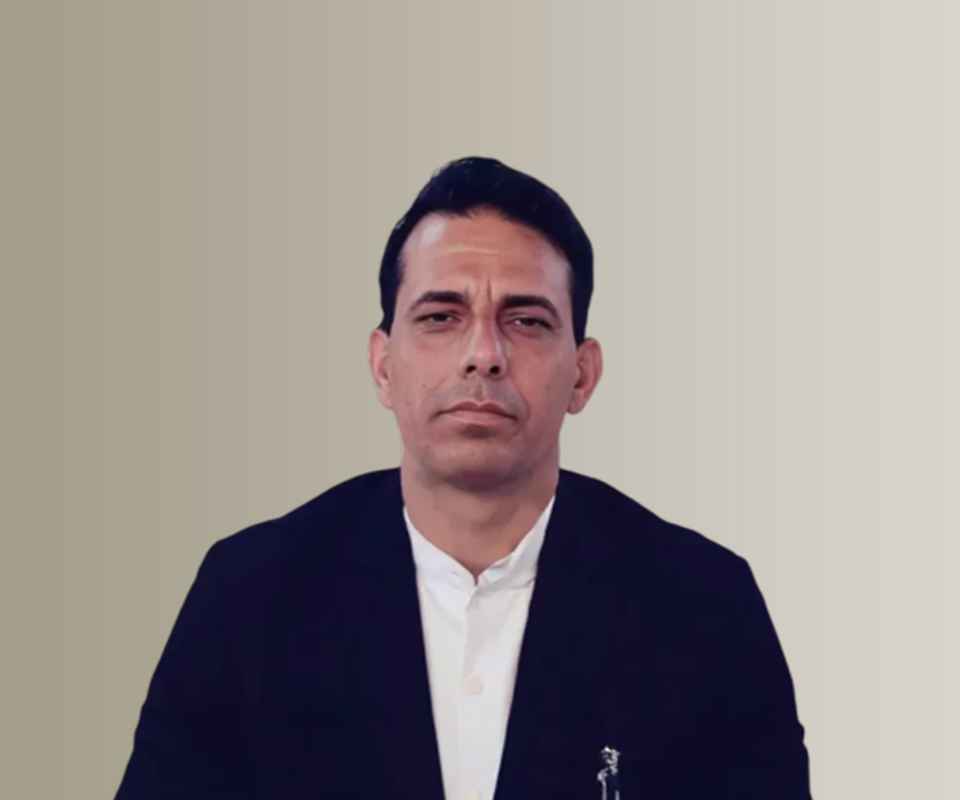Answer By law4u team
The Special Marriage Act, 1954 plays a crucial role in facilitating interfaith marriages in India by providing a legal framework that allows couples from different religious backgrounds to marry without the need for conversion or the constraints of religious marriage laws. This law offers a secular and non-religious route for marriage, providing a platform for individuals who wish to marry outside of their traditional religious frameworks.
1. Overview of the Special Marriage Act, 1954:
The Special Marriage Act (SMA) was enacted to allow interfaith and inter-caste marriages to be legally recognized in India. Under this Act, individuals who belong to different religions can marry without either party having to change their religion. It provides a civil marriage procedure, ensuring that the marriage is legally valid regardless of the religious beliefs of the couple.
2. How the Special Marriage Act Helps Interfaith Couples:
- One of the biggest advantages of the Special Marriage Act for interfaith couples is that neither party is required to convert to the religion of the other. Unlike some personal laws, which may mandate conversion for a marriage to be valid, the Special Marriage Act allows couples to retain their religious identities while still legally marrying.
- Under the SMA, the marriage is registered under a civil law instead of being governed by religious laws (like the Hindu Marriage Act or Muslim Personal Law). This ensures that interfaith couples are treated equally in the eyes of the law, irrespective of their religious backgrounds.
- A marriage registered under the Special Marriage Act is recognized throughout India, and it provides legal protection for the rights of the married couple. This includes property rights, inheritance rights, and spousal benefits, among others.
- The marriage certificate issued under this Act serves as official proof of marriage and is a valid legal document for various purposes, such as visa applications, changing surnames, and accessing social security benefits.
- The SMA allows the marriage to be solemnized without adhering to the rituals or customs specific to any religion. This is especially beneficial for interfaith couples who may not want to follow the religious practices of either partner’s faith. The marriage can be performed in the presence of a Marriage Officer without the need for religious ceremonies or rituals.
- The Special Marriage Act provides a straightforward and simplified procedure for interfaith couples. The couple needs to give a 30-day notice of their intent to marry at the local marriage registrar’s office. This notice is displayed publicly, allowing for any objections to be raised, which is usually a formality.
- After the 30-day period, the marriage can be solemnized, and the marriage certificate will be issued.
3. The Process of Marriage under the Special Marriage Act:
- Notice of Intended Marriage:
- Both parties must give notice of their intended marriage to the Marriage Officer of the district where at least one of them has resided for at least 30 days prior to the notice.
- The notice is displayed in the Marriage Officer’s office for 30 days, and anyone can object to the marriage during this time.
- Documents Required:
- Proof of identity (e.g., Aadhaar card, passport).
- Proof of age (e.g., birth certificate, school leaving certificate).
- Proof of address (e.g., voter ID, utility bill).
- Affidavit of marital status, confirming that both parties are single or have obtained a divorce or widowhood (if applicable).
- Solemnization of Marriage:
- After the 30-day notice period, the couple can go ahead with the solemnization of the marriage in the presence of the Marriage Officer and two witnesses. The marriage is then registered, and a marriage certificate is issued.
4. Advantages for Interfaith Couples:
- Legal Protection: Interfaith couples who marry under the Special Marriage Act are guaranteed legal rights under the Act, irrespective of their religious backgrounds.
- Secular Recognition: The marriage is recognized by the state, providing social security and legal validity even if the couple's religions do not traditionally permit such unions.
- Freedom from Religious Constraints: The couple is not bound by any religious customs, rituals, or conversions. This makes the marriage more flexible and suitable for couples from diverse religious backgrounds.
- Equal Treatment: The law treats both parties equally, ensuring there is no discrimination based on religion or caste.
5. Challenges Faced by Interfaith Couples:
- Despite the provisions of the Special Marriage Act, interfaith couples sometimes face social stigma, and their marriages may not be accepted by their families or communities.
- There may also be legal complications if one of the parties faces resistance to the marriage based on religious beliefs, or if the marriage is subject to community objections.
6. Example:
- Example 1: A Hindu woman and a Muslim man decide to marry under the Special Marriage Act. They give notice of their intended marriage at the local Marriage Officer’s office. After the 30-day notice period, the marriage is solemnized in the presence of a Marriage Officer and two witnesses. Both individuals retain their respective religious identities, and the marriage is legally recognized by the state.
- Example 2: An interfaith couple from different religions decides to marry, but neither is willing to convert. They choose to marry under the Special Marriage Act, avoiding religious conversion while ensuring their marriage is legally recognized. They submit the necessary documents and undergo the marriage registration process to receive an official marriage certificate.
Conclusion:
The Special Marriage Act, 1954 provides a secular platform for interfaith couples to marry legally without the need for religious conversion or adherence to religious marriage laws. It offers legal protection, social recognition, and a simplified registration process, making it easier for couples from different religions to marry and secure their rights under Indian law. Despite societal challenges, the law ensures that interfaith couples can marry freely and enjoy the legal benefits and protections of marriage.







